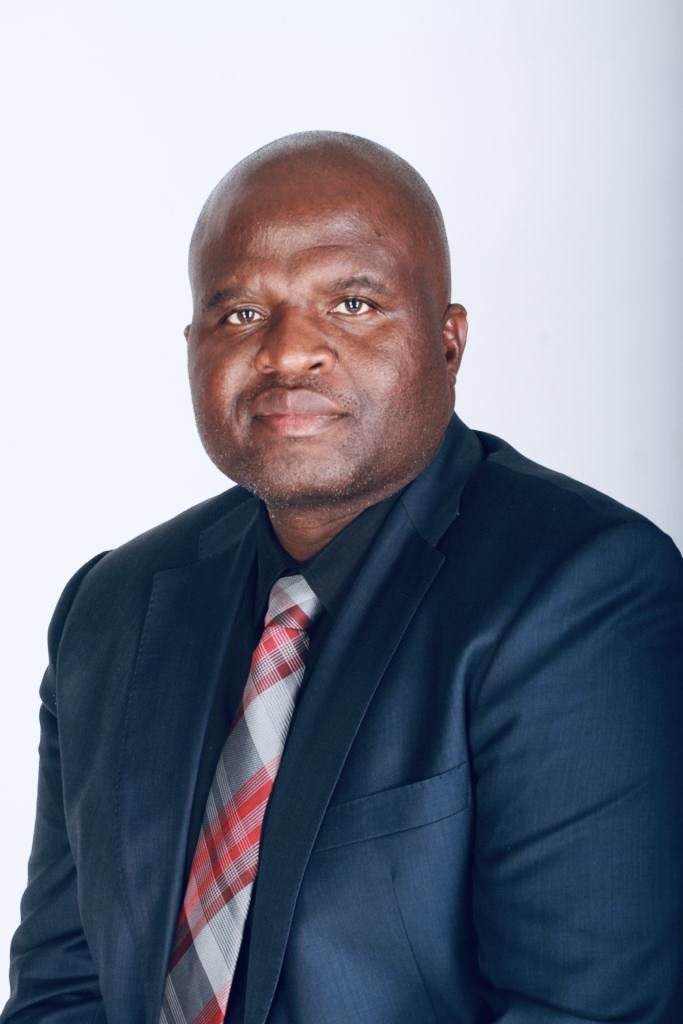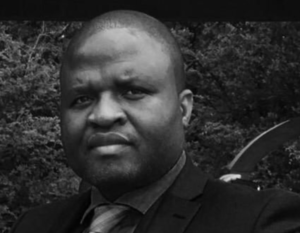By Tinomudaishe Chinyoka
Sioux Falls is the most populous city in the US state of South Dakota. For a long time, hearing references of it on TV, poverty having consigned me to St Nyoka-type schools, I always though that it was spelt Sue Falls. It isn’t.
South Dakota is of course the place where you will find Mount Rushmore, the mountain where Gutzon Borglum, the son of Danish migrants (amazing what children of migrants can do without a President like Trump harassing their parents) carved the faces of four past US presidents, creating an eternal tourist destination.
The Sioux native Americans were the dominant peoples in there at about the time that Napoleon Bonaparte sold South Dakota (and a whole lost of the American Midwest) to the Thomas Jefferson-led US expansion efforts.
Long before this purchase, about which their opinions were never sought nor considered necessary, the Lakota and Cheyenne native Americans roamed the grassy plains west of the Missouri river and considered this their home.
Out in the distance was Pahá Sápa, (the Black Hills); rolling pine covered mountains sacred to the people. I can almost hear Mzwake Mbuli say “tragically the wagon of their culture was bombed, torpedoed beyond human cruelty.” No longer would the grass sing and the trees bend to let the son of the soil pass, his relationship with nature at once reverential and awesome.
Now, the son of the soil lives in reservations in the West River side of South Dakota. The East River side, home to Sioux Falls and fertile soils, is where the new owners are congregated, making all the big decisions. And they have decided that the Keystone XL pipeline, carrying crude oil from the north to refineries in the south, passes through the reservation our near Pierre, the state capital. Needless to say, the original owners of the entire country are not happy, and are protesting.
In reply, South Dakota has recently passed a law called the Riot-Boosting Act. This statute imposes financial penalties on people who cause damage or loss to property during protests and, ominously, on individuals caught “riot-boosting.” The Act defines this term to encompass the actions not only of protestors who engage in rioting, but also anyone who “directs, advises, encourages, or solicits other persons participating in the riot to acts of force or violence.”
In other words, anyone who organises or encourages a demonstration. “This year we will have the mother of all demonstrations,” Chamisa said recently. In South Dakota, that would attract the penalties under the Act. “2019 is the year we must all march to take back our country,” both Chalton Hwende and Amos Chibaya said in January, prior to the riots that month.
In South Dakota, that would make them liable for all the damages caused by the rioters. Heard about the US$70m bill to repair riot damage in Bulawayo? That bill, were we in South Dakota, would be in Messrs Hwende and Chibaya’s mail.
The Governor of South Dakota, against whom Dewa Mavhinga has not travelled to Washington DC to beg for sanctions on account of her being “credibly implicated in rights violations,” does not think that there is anything wrong with the Act at all. She signed the bill into law and made sure that it had enough teeth in it to be effective from the moment she signed it,
saying:
“I fully support the freedoms of speech and assembly, but we must also have clear expectations and the rule of law. My pipeline bills make clear that we will not let rioters control our economic development. These bills support constitutional rights while also protecting our people, our counties, our environment, and our state. I’m proud of this proactive approach that will spread the risks associated with pipeline construction, and I’m glad to sign it into law today.”
Dewa Mavhinga is of course lucky that he is Zimbabwean and not American. I America they pass laws with teeth. They will not allow rioters to control their economic development. And they have history in this exercise.
You see, in 1799 the US passed a law called The Logan Act, which remains on their statute books. It criminalizes negotiations that undermine the interests of the country with foreign governments by unauthorized persons. Begging for sanctions or filing false reports with foreign embassies about the ‘dire’ state of the rule of law in Zimbabwe would suffice.
Too bad we can’t ban our sanctions-mongers from being in our country. Or at least punish them a little. Can our MPs spell ‘Logan Act?’ I wonder. But, back to South Dakota’s non-POSA law.
The MDC Alliance, on one of its Twitter handles, applauds anti-POSA crusader Fadzai Mahere’s tangential critiques of the proposed changes to POSA with these words: “Top lawyer Fadzayi Mahere has castigated government for its“reform agenda” saying the new Maintanance of Peace and Order bill which is replacing the draconian Public Order and Security Act (POSA) is just bent on limiting freedom and political space.”
You see, not just a lawyer, but a “top” lawyer. There is a message within that, but I forget what it is. Maybe they know, and will show us the v11s. Some day.
One of Ms-Only-Private-School-Educated-Kids-Ought-To-Run-Zimbabwe’s gripes with the proposed law is that it will do a South Dakota: place liability for damages on the rioters. She calls this a missed opportunity, because it is not democratic and because she would prefer unregulated demonstrations, with no policing whatsoever, and definitely no army.
Ms-I-Went-Private-School-But-Rurals-Voted-For-A-Passport-Photo claims that “Section 67(2)(d) of the Constitution gives every person the right to participate in political activities collectively, in gatherings or groups, to challenge the Govt. So there’s no reason why such activities are unduly curtailed by POSA and are not part of the exemptions schedule.”
This is of course all fluff and nonsense. Riots are escorted and controlled by the police all the time. Everywhere. Peaceful protests in London and Washington DC have police escorts.
Notification to the police is required everywhere in the world, so that law enforcement can take steps to control traffic, protect bystanders from being caught up in the marches, protect the marchers from any counter-demonstrations and ensure that there is order and as little disruption to normal life as possible. The proposed reduction in the number of days needed for said notification by our new law is a progressive step unmatched even by our neighbours.
The trouble with cashvist lawyers of course is that they are economic with truth-telling. Reading some of the critiques from Ms-I-Went-To-Cambridge-On-Merit-So-Pay-Me-A-Million-Dollars and that son of a war criminal you would think that the Bill had already been passed. That it was not something published to invite public debate.
They protest that the army should never be asked to assist the police in controlling ‘peaceful demonstrations’, yet no one has proposed that. Why would the police ever need support to monitor and facilitate a peaceful demonstration?
It’s a dog whistle campaign you see, to fudge the issues and make it look like what is being proposed is bad, really bad. For the record, the Bill does not propose in any shape or form that the President should deploy the army to ‘control’ peaceful marches.
There is nothing novel or unique about making looters pay for the damage they cause. And those who encourage them. They do it in South Dakota, for one. And, as we have been told, they are a democracy and the land of the free.
That is why Dewa Mavhinga has not issued an urgent alert on South Dakota. Because there really is nothing wrong with having robust law enforcement measures which protect the public from rioters who think that forcing peaceful people to join their criminal activities is legitimate protest. Those who demonstrate peacefully have no reason to fear the proposed law.
Tinomudaishe Chinyoka is a Harare based lawyer

